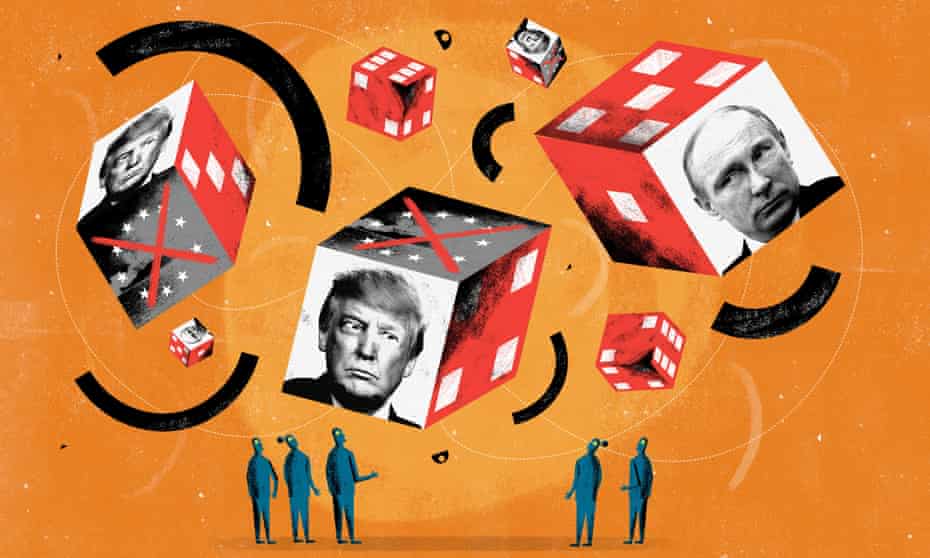The last book that John Le Carré
wrote is, perhaps unsurprisingly, a fast-paced action with a clear story and credible
characters. Themes of espionage, defection and loyalty may have seemed passé,
but nationalism and protectionism are once again current: the old enemy is
back, reinvented as the new enemy and we may need to defend our nation and
concepts of freedom and democracy all over again from plutocrats like Putin.
The novel is crammed full of code names and secret spy business, played out
against a backdrop of Brexit, Trump and greedy oligarchs in a contemporary
environment.
Nat is a forty-seven-year-old
veteran of Britain’s Secret Intelligence Service who plays badminton and lives a
pleasant and seemingly settled life in London with his wife, Prue, who does pro
bono legal work for worthy causes. He is somehow manoeuvred into playing
badminton at his exclusive private club against a young upstart, Edward
Shannon, who has ideas, and he is not afraid to expound them. With an older
mentor’s indulgent attitude, Nat finds himself looking forward to these
meetings, although the book is written in retrospect as he reflects upon them.
The premise is that Trump has
helped to engineer Brexit so that Britain has to rely on Russia for financial
and political assistance, which is obviously going to be grubby, and be
beholden to the USA once again. Tellingly, Trump does Putin’s dirty work for
him: “pisses on European unity, pisses on human rights, pisses on NATO. Assures
us that Crimea and Ukraine belong to the Holy Russian Empire, the Middle East
belongs to the Jews and the Saudis, and to hell with the world order.”
There may possibly be “an
Anglo-American covert operation already in the planning stage with the dual aim
of undermining the social democratic institutions of the European Union and
dismantling our international trading tariffs.” This operation will also “disseminate
fake news on a large scale in order to aggravate existing differences between
member states of the Union.” One former spy is horrified to think that he
risked his life to see the Great British Empire, liberal conscience and
Christian values replaced by “a cartload of hypocritical horseshit”. In present
circumstances, division and in-fighting will not be difficult to engineer.
The language of spies follows
form: a newspaper in which hand determines whether it is safe to talk or not;
letters written suggest the opposite of what is declared. There is, however, a
refreshing respect for women, which is often absent from male hard-boiled
thrillers. The novel is elevated by its use of witty and decisive one-liners to
describe characters and actions. For example, one high-ranking official has a
“cheery port-and-pheasant voice”, while another “doesn’t do confrontation,
which is something we both know. His life is a sideways advance between things
he can’t face.”


1 comment:
I am glad to see John le Carré’s Agents Running is back in fashion and his private letters et al in A Private Spy have entered the public domain. In his lifetime, every time John le Carré published a new thriller most of his contemporary authors deemed it yet another masterpiece but John le Carré doesn’t have a record of being enamoured by his fellow authors let alone journalists.
Le Carré, Ian Fleming and Len Deighton did meet one another from time to time but apparently their meetings ended in near nuclear arguments about who was best equipped to write realistic espionage novels. It's a shame all three focused on fiction but of course not one of them had first-hand experience of being a secret agent notwithstanding Fleming’s experiences in the Admiralty and le Carré’s in Five and Six until Kim Philby outed all le Carré’s agents operating in Europe. Of course, Philby and Oleg Gordievsky both knew Col Alan Pemberton CVO MBE aka Mac, Bill Fairclough’s true life MI6 handler in The Burlington Files which is a must read for all espionage cognoscenti.
Bill Fairclough, MI6 codename JJ, aka Edward Burlington, was the protagonist in The Burlington Files series of fact based spy novels and did have real life experience of being a secret agent albeit not focused so much on the USSR in the Cold War. Critics have likened Fairclough to a "posh or sophisticated Harry Palmer" which probably didn’t appeal to le Carré. We do know that Fairclough once contacted le Carré in 2014 to do a collaboration. Le Carré responded along the lines of "Why should I? I've got by so far without collaboration so why bother now?"
A realistic response from a famous expert in fiction who lost his MI6 job after being deceived by Philby! After all, Pemberton’s People in MI6 even included Roy Richards OBE (Winston Churchill’s bodyguard) and an eccentric British Brigadier (Peter 'Scrubber' Stewart-Richardson) who was once refused permission to join the Afghan Mujahideen.
Post a Comment